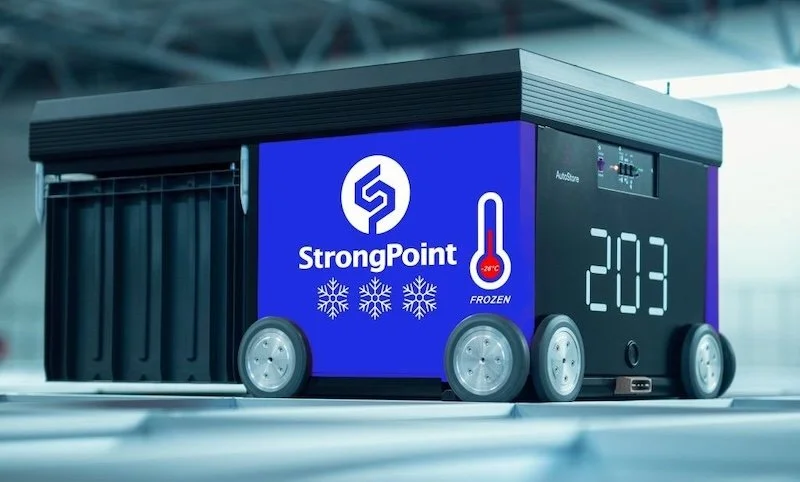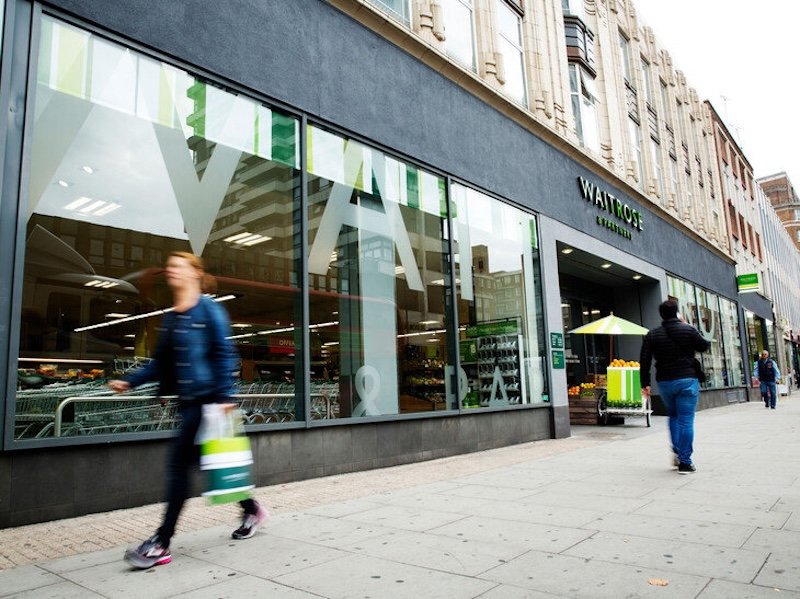Holiday shoppers choose online over stores but last mile issues remain
Brits are more likely to shop online than in-store for Black Friday and Christmas, despite the lifting of Covid-19 restrictions, according to research from parcel locker specialist Quadient.
The company surveyed 1,000 people. Half will do most of their Black Friday and Christmas shopping online for delivery or Click and Collect in-store, compared to just over one-fifth expecting to mostly shop in-store.
At the same time, however, 34% of Brits expect to miss a delivery to home or work that will require re-delivery attempts or a depot collection.
“Although a large amount of this year’s consumer spend has taken place online, the last mile’delivery – the process of getting goods to customers – is still proving to be an issue,” says Bren Standell, Commercial Director Parcel Lockers Division UK/IRL at Quadient.
“Throughout the past 18 months, consumers have dealt with a wide variety of problems, from missed parcel deliveries to stolen parcels. By offering a Click and Collect service, which utilises a parcel locker solution, retailers can drive footfall into shops, ensuring more people return to the high street.”
The three most cited reasons for doing most Black Friday and Christmas shopping online this year are: it’s more convenient (43%), better prices/deals (37%) and to save time/avoid long queues (34%).
Covid-19 restrictions are cited by only 22% of respondents, compared to 48% in 2020 when it was the biggest reason with convenience second (45%) and avoiding long queues third (33%). Last year, better prices/deals was only the fifth most cited reason at 30%
“In recent years, the popularity of Click and Collect services has increased significantly, as they ensure the collection experience is convenient and saves time, particularly when employing secure hubs,” says Standell.
“When collecting their goods, customers want the experience to be efficient, simple and secure, irrespective of if they are collecting items in-store or from pick-up locations.”
“Of course, this is equally important to retailers, who benefit from having to deliver to fewer locations, as they don’t need to go to the individual homes of each consumer. This reduces the environmental damage caused by increased deliveries and subsequent failed deliveries, as well as cuts down the number of staff involved in the process.”










Continue reading…